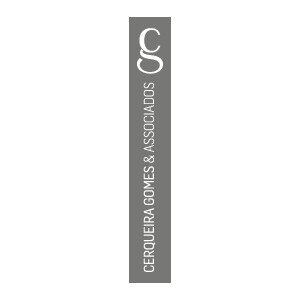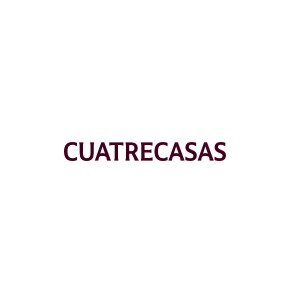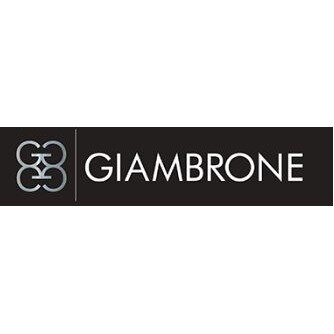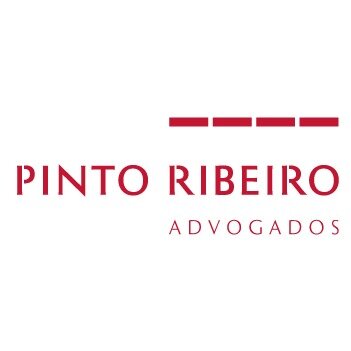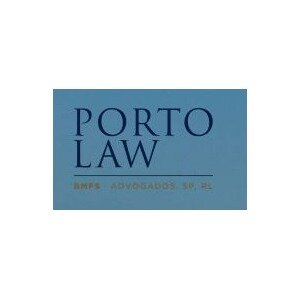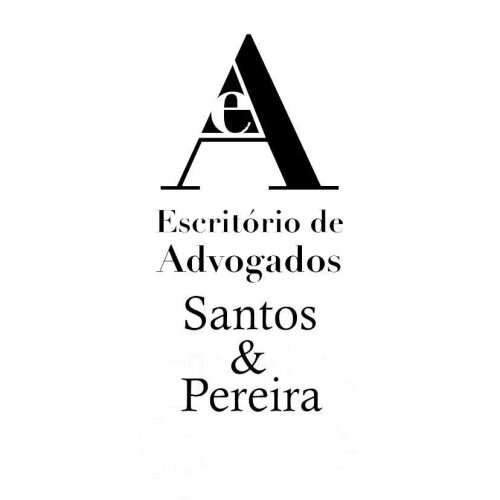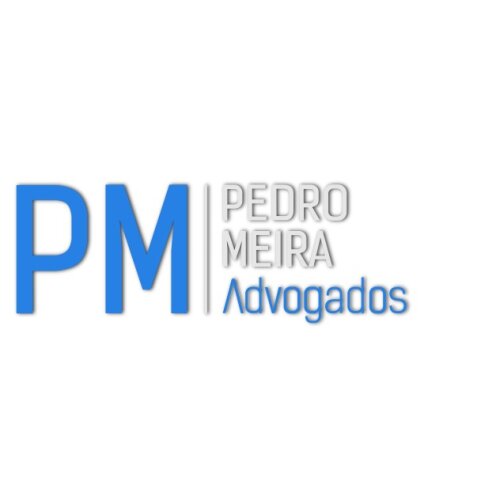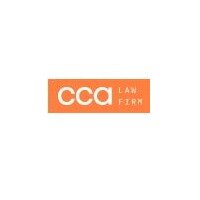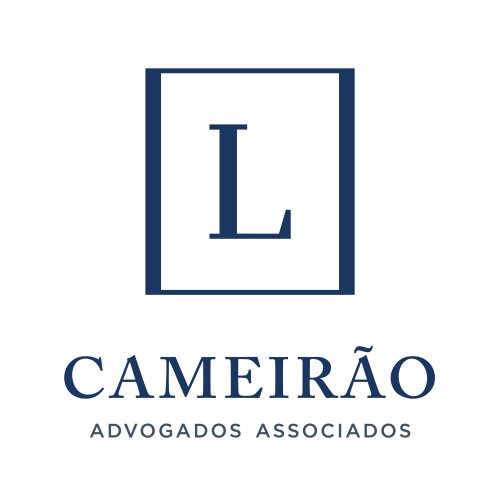Best Art & Cultural Property Law Lawyers in Porto
Share your needs with us, get contacted by law firms.
Free. Takes 2 min.
List of the best lawyers in Porto, Portugal
About Art & Cultural Property Law in Porto, Portugal
Art & Cultural Property Law in Porto, Portugal, is a specialized legal field that focuses on the protection, acquisition, and transfer of artistic and cultural assets. Porto, a city with a rich cultural heritage and an evolving art scene, necessitates a comprehensive legal framework to address issues related to the preservation and commercialization of cultural and historical artifacts. Legal experts in this domain ensure compliance with both national and international laws governing cultural heritage, intellectual property rights, and the protection of significant cultural sites and artworks.
Why You May Need a Lawyer
There are numerous situations where individuals or organizations may require legal assistance in Art & Cultural Property Law:
- Acquisition or Sale of Artworks: Legal guidance ensures that transactions are compliant with relevant laws and protects the interests of buyers and sellers.
- Protection of Cultural Heritage: Lawyers can assist in safeguarding cultural properties against illegal trading or exportation.
- Intellectual Property Rights: Artists and creators may need protection for their works, while collectors or institutions may need to ensure they hold legitimate ownership.
- Restitution Claims: Legal help is crucial for navigating claims relating to artworks and cultural properties that were stolen or looted.
- Disputes Resolution: Lawyers mediate disputes between parties regarding ownership and rights over artworks.
Local Laws Overview
Key aspects of local laws in Porto pertinent to Art & Cultural Property include:
- Cultural Heritage Law: Legislations specify the criteria for what constitutes cultural property and outline the protection measures for these assets.
- Export Regulations: Laws regulate the export of valuable cultural artifacts to prevent illicit trade and preserve national heritage.
- Intellectual Property Rights: These ensure protection against unauthorized reproduction or use of artworks and provide artists with rights over their creations.
- Acquisition Laws: Governing public and private transactions of art objects, ensuring compliance with authenticity, provenance requirements, and legal ownership.
Frequently Asked Questions
What constitutes cultural property under Portuguese law?
Cultural property includes items of historical, artistic, or archaeological significance, protected under Portuguese law for their cultural value to the nation.
How can I authenticate the provenance of an artwork?
Experts can assist in verifying provenance through documentation, expert evaluations, and provenance research to ensure legitimacy and legal ownership.
What are the consequences of illegally exporting cultural property?
The illegal export of cultural property can lead to substantial fines, legal penalties, and potential restitution claims, along with reputational damage.
Is it possible to reclaim looted or stolen artwork?
Yes, through legal channels and international cooperation, restitution claims can be pursued to recover looted or stolen cultural items.
Can art created before a certain date be reproduced freely?
Artworks fall into the public domain 70 years post the artist's death; before then, reproduction requires authorization from rights holders.
How do intellectual property rights protect artists in Porto?
These rights prevent unauthorized use or reproduction of their works, allowing artists to control how their art is used or commercialized.
Are there specific laws for digital art and NFTs in Portugal?
While not unique laws for digital art or NFTs, intellectual property and commercial transaction laws apply, adapting to the digital medium's nuances.
Who is responsible for managing cultural sites in Porto?
The Direção-Geral do Património Cultural oversees the management and preservation of cultural heritage sites in Portugal, including Porto.
How can public institutions acquire art collections legally?
Acquisition must go through stipulated public procurement processes, ensuring compliance with laws and regulations concerning provenance and authenticity.
What should I do if I suspect an artwork I own or plan to buy is a forgery?
Consult with legal and art experts immediately to conduct authenticity tests and legal assessments to address potential forgery issues.
Additional Resources
Consider the following resources for further assistance in Art & Cultural Property Law:
- Direção-Geral do Património Cultural: The main governmental body in Portugal for cultural heritage management.
- Portuguese Art Law Associations: Professional bodies offering support and information for art law professionals.
- Local Universities: Universities in Porto may host seminars and offer specialized courses on cultural property law.
Next Steps
If you require legal assistance in Art & Cultural Property Law, here are some steps to guide you:
- Research and find a specialized lawyer in Porto with a focus on art and cultural property law.
- Prepare all relevant documentation related to your legal query or issue for the lawyer's review.
- Schedule consultations to discuss the specifics of your situation and explore possible legal avenues.
- Ensure clear communication about costs, processes, and expectations with your legal advisor.
- Stay informed about your rights and responsibilities to make educated decisions throughout your legal process.
Lawzana helps you find the best lawyers and law firms in Porto through a curated and pre-screened list of qualified legal professionals. Our platform offers rankings and detailed profiles of attorneys and law firms, allowing you to compare based on practice areas, including Art & Cultural Property Law, experience, and client feedback.
Each profile includes a description of the firm's areas of practice, client reviews, team members and partners, year of establishment, spoken languages, office locations, contact information, social media presence, and any published articles or resources. Most firms on our platform speak English and are experienced in both local and international legal matters.
Get a quote from top-rated law firms in Porto, Portugal — quickly, securely, and without unnecessary hassle.
Disclaimer:
The information provided on this page is for general informational purposes only and does not constitute legal advice. While we strive to ensure the accuracy and relevance of the content, legal information may change over time, and interpretations of the law can vary. You should always consult with a qualified legal professional for advice specific to your situation.
We disclaim all liability for actions taken or not taken based on the content of this page. If you believe any information is incorrect or outdated, please contact us, and we will review and update it where appropriate.




